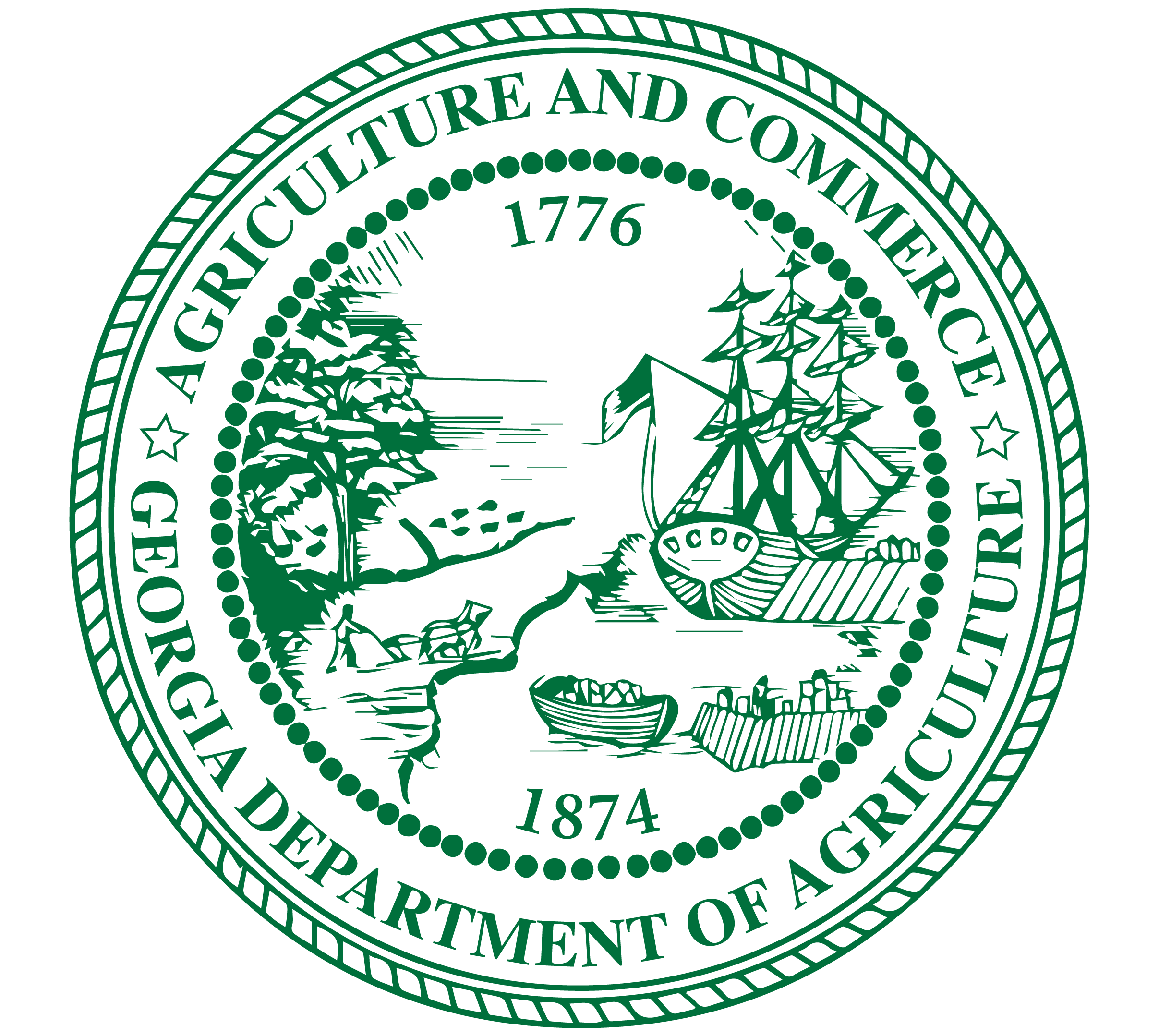
Recalls
On this page you’ll find recent recall alerts for food and feed products distributed or produced in Georgia. These alerts include the reason for the recall, a description of the issue, and a complete listing of affected products with identifying information.
Learn more about recallsFDA Advisory - Certain Frozen, Raw, Half-shell Oysters from Republic of Korea (04/16/2024)
FDA Advises Restaurants and Retailers Not to Serve or Sell and Consumers Not to Eat Certain Frozen, Raw, Half-shell Oysters from Republic of Korea Potentially Contaminated with Norovirus.
- Restaurants and food retailers in California that have recently purchased Lots B231126, B240103, and B240214 of frozen, raw, half-shell oysters processed by JBR (KR 15 SP) in Tongyeongsi, Republic of Korea on 11/27/2023, 1/4/2024, and 2/15/2024.
- Consumers and retailers in California who have recently purchased lots B231126, B240103, and B240214 of frozen, raw, half-shell oysters processed by JBR (KR 15 SP) in Tongyeongsi, Republic of Korea on 11/27/2023, 1/4/2024, and 2/15/2024.
Products
Frozen, raw, half-shell oysters Lots B231126 and B240103, harvested from Designated Area No. 1 on 11/26/2023 and 1/3/2024, and Lot B240214 harvested from Designated Area No. 2 on 2/14/2024, and processed by JBR (KR 15 SP) in Tongyeongsi, Republic of Korea on 11/27/2023, 1/4/2024, and 2/15/2024. Lots B240103 and B240214 may be labeled with Amazing Sea Brand. The oysters were distributed to restaurants and retailers in California and may have been distributed to other states as well.
The photos below are included as an example of product tag and case labeling from one (1) of the three (3) lots identified above and include information specific to Lot B231126, harvested from Designated Area No. 1 on 11/26/2023 with production date 11/27/2023. The tag and label information for Lot(s) B240103 and B240214 would include similar corresponding details appropriate to each Lot.
Purpose
The FDA is advising consumers not to eat and restaurants and food retailers not to serve or sell and to dispose of Lots B231126, B240103, and B240214 of frozen, raw, half-shell oysters processed by JBR (KR 15 SP) in Tongyeongsi, Republic of Korea on 11/27/2023, 1/4/2024, and 2/15/2024, and shipped to distributors in California because they may be contaminated with norovirus.
Shellfish, such as oysters, contaminated with norovirus can cause illness if eaten, and potentially severe illness in people with compromised immune systems. Food containing norovirus may look, smell, and taste normal. Consumers of these products who are experiencing symptoms of illness should contact their healthcare provider and report their symptoms to their local Health Department. Diarrhea, abdominal cramps, nausea, vomiting, and fever may be associated with gastroenteritis infections caused by this organism.
Summary of Problem and Scope
On 4/9/2024, the California Department of Public Health (CDPH) notified the FDA of an outbreak of norovirus illnesses associated with consumption of oysters from the Republic of Korea. On 4/15/2024, authorities at the Ministry of Oceans and Fisheries in the Republic of Korea advised the firm to voluntarily initiate a recall of the distributed lots of frozen, raw, half-shell oysters due to possible norovirus contamination. The distributed lots include frozen, raw, half-shell oysters Lots B231126 and B240103, harvested from Designated Area No. 1, and Lot B240214, harvested from Designated Area No. 2, and processed by JBR (KR 15 SP) in Tongyeongsi, Republic of Korea on 11/27/2023, 1/4/2024, and 2/15/2024, and shipped to distributors in California. The product may have been distributed to other states as well.
Recommendations for Restaurants and Retailers
Restaurants and retailers should not serve or sell the potentially contaminated oysters. Restaurants and retailers should dispose of any products by throwing them in the garbage or returning them to their distributor for destruction.
Restaurants and retailers should also be aware that shellfish, such as oysters, may be a source of pathogens and should control the potential for cross-contamination of food processing equipment and the food processing environment. They should follow the steps below:
- Wash hands with warm water and soap following the cleaning and sanitation process.
- Retailers, restaurants, and other food service operators who have processed and packaged any potentially contaminated products need to be concerned about cross-contamination of cutting surfaces and utensils through contact with the potentially contaminated products.
- Retailers that have sold bulk product should clean and sanitize the containers used to hold the product.
- Regular frequent cleaning and sanitizing of food contact surfaces and utensils used in food preparation may help to minimize the likelihood of cross-contamination.
Recommendations for Consumers
Consumers should not eat the potentially contaminated oysters. Consumers who have symptoms should contact their health care provider to report their symptoms and receive care.
To report a complaint or adverse event (illness or serious allergic reaction), you can
- Call an FDA Consumer Complaint Coordinator if you wish to speak directly to a person about your problem.
- Complete an electronic Voluntary MedWatch form online.
- Complete a paper Voluntary MedWatch form that can be mailed to FDA.

